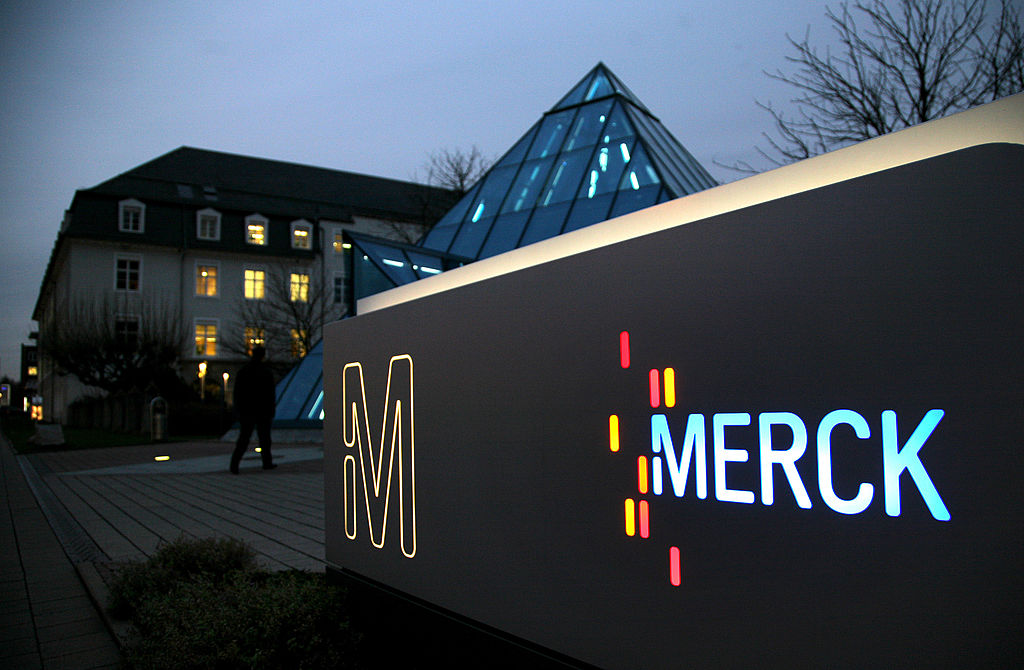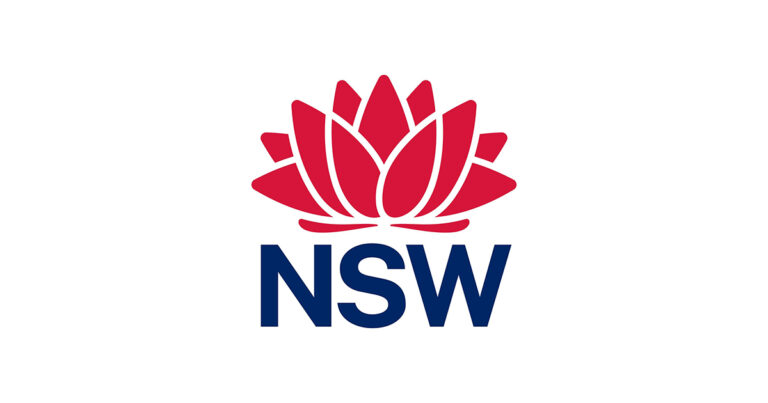
Patients with tenosynovial giant cell tumor can take some comfort in knowing that this rare type of tumor affecting joints won’t kill them. But that doesn’t make living with the disease easy. Merck KGaA has data from a pivotal study showing its once daily pill helped, leading to reduction in pain and improvement in physical movement. Regulatory submissions are now planned. But first, data from the drug’s pivotal study will be shared at the largest cancer conference in the world.
Tenosynovial giant cell tumor, or TGCT, is not considered cancer because the tumors do not spread. Even so, the tumors are painful and disfiguring. Surgery is a treatment option, but the tumors often regrow. Surgery also introduces complication risks and it has limitations. Even when TGCT tumors are successfully removed, the procedure can leave patients with impaired joint function.
TGCT is driven by a genetic abnormality that leads to overexpression of colony-stimulating factor 1 (CSF-1), a protein that recruits tumor-promoting cells. Merck’s pimicotinib is an oral small molecule designed to inhibit CSF-1. The drug was evaluated in a placebo-controlled Phase 3 study that enrolled nearly 100 patients who had not previously received any therapies targeting CSF-1.
The Phase 3 results show that at 25 weeks, 54% of those treated with pimicotinib achieved an objective response compared with 3.2% of those who received a placebo. The Darmstadt, Germany-based company’s drug also met secondary goals assessing tumor volume, range of motion, stiffness, and physical function. Every trial measure of pimicotinib was statistically significant, Dr. Vinod Ravi, a professor in the department of sarcoma at MD Anderson Cancer Center and an investigator in the study, said in a briefing with journalists. These results were presented Sunday during the annual meeting of the American Society of Clinical Oncology in Chicago.
CSF-1 inhibitors are already available for TGCT. The first was Turalio, a Daiichi Sankyo product that received its FDA approval in 2019. However, this twice-daily pill can cause liver toxicity, a risk that’s flagged in a black box warning on the product’s label. The European Medicines Agency in 2020 turned down the drug, citing limited improvements in pain and the ability to use the joint. The agency also noted the liver toxicity risk.
Ono Pharma entered the TGCT market earlier this year with FDA approval for its CSF-1 inhibitor, Romvimza. This twice-weekly capsule came from Ono’s $2.4 billion acquisition of Deciphera Pharmaceuticals. While Romvimza’s label does not have a black box warning, it advises against use by those who already have high blood levels of liver enzymes. Chemotherapy offers yet another drug option for TGCT, but it does not address CSF-1 and it comes with tolerability problems. Ravi noted that no liver toxicity was observed in pimicotinib’s study. That aspect of the drug’s profile could drive patient use by those who have been suffering joint pain, but avoid TGCT drugs due to concerns about liver injury risks.
“Limited toxicity is quite welcome to a disease site where we are used to broad-based side effects brought by chemotherapy,” Ravi said.
Pimicotinib was developed by Abbisko Therapeutics. In 2023, Merck began a commercialization agreement with Abbisko on the asset, which had reached Phase 3 testing. Earlier this year, Merck paid $85 million to exercise its option to commercialize the drug in the U.S. and the rest of the world. Soon after, Merck reached a $3.9 billion deal to acquire SpringWorks Therapeutics, a company whose FDA-approved drugs Ogsiveo and Gomekli treat other types of rare tumors.
Victoria Zazulina, head of development unit, oncology, for Merck’s healthcare business, said in the media briefing that pimicotinib paves the way for the company to think differently in how it works with diseases, going to smaller tumor subtypes affecting smaller populations of patients. Cancer is a constellation of many rare diseases, she added. Merck plans regulatory submissions for pimicotinib later this year, prioritizing China and then the U.S.
“In many countries, there is no alternative, there is no systemic therapy approved,” for TGCT, Zazulina said. “Europe, China do not have approved medications on the market.”
Photo: Hannelore Foerster/Bloomberg, via Getty Images






